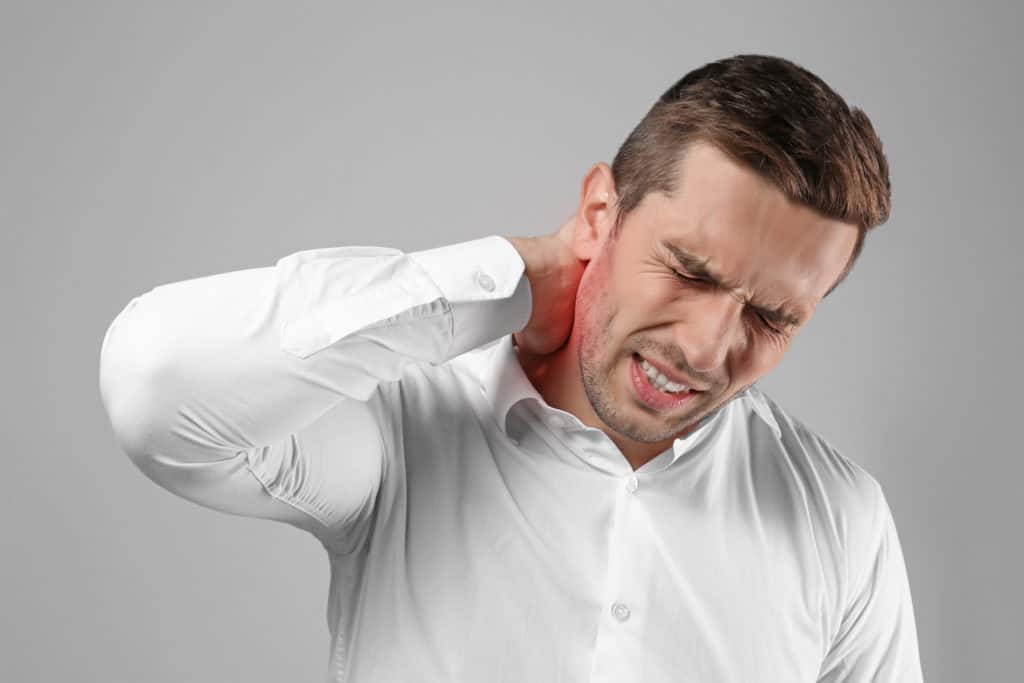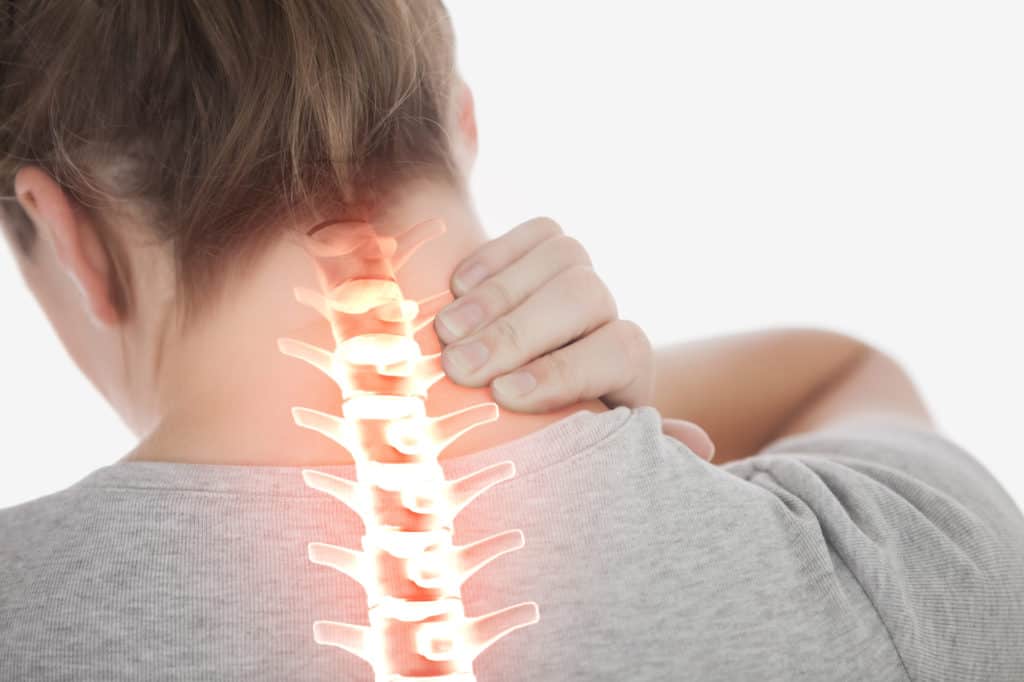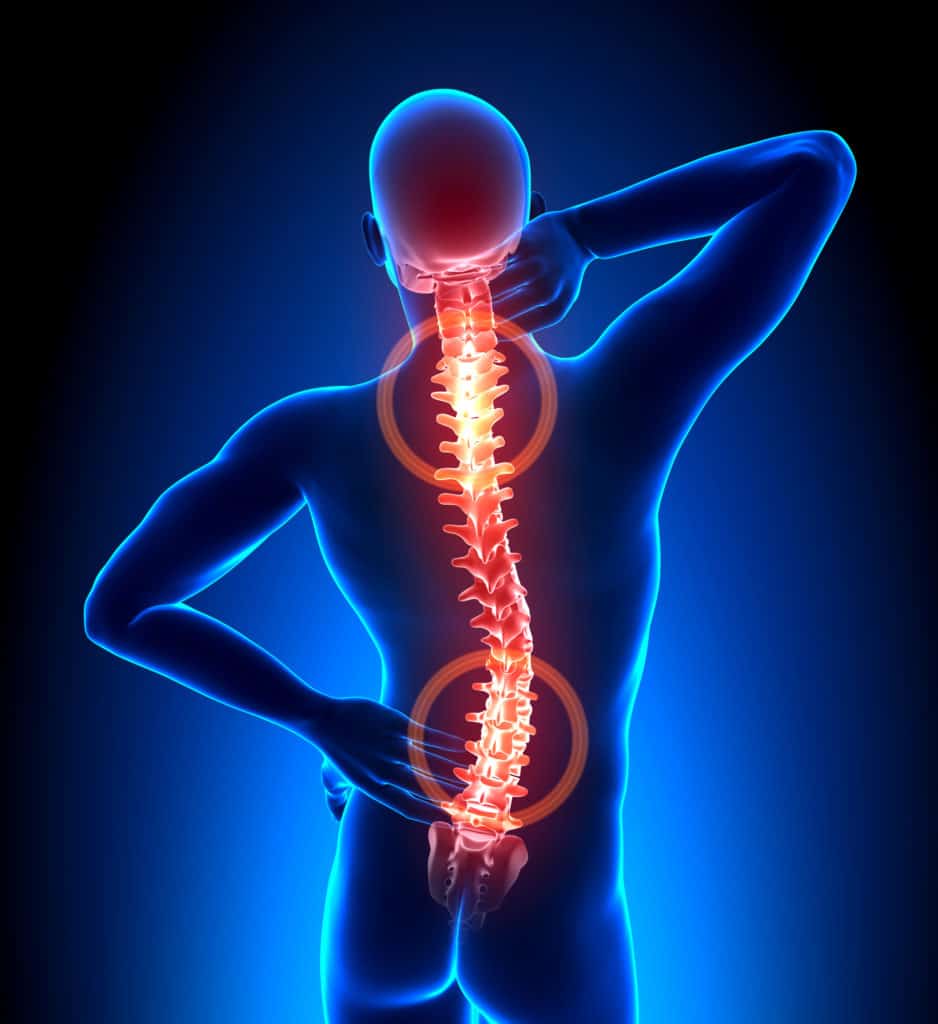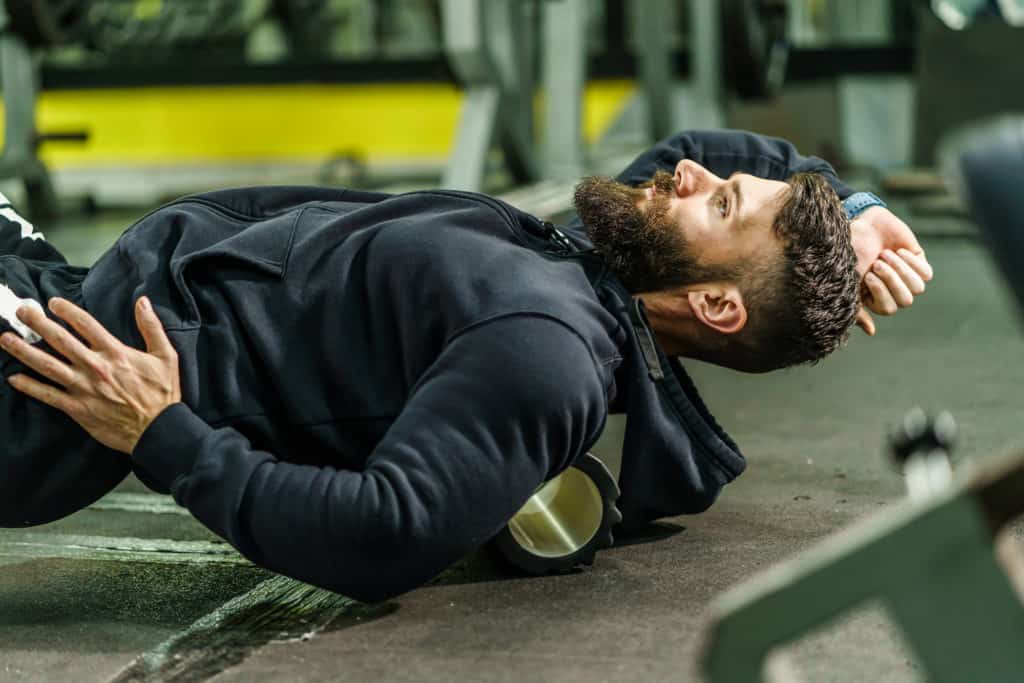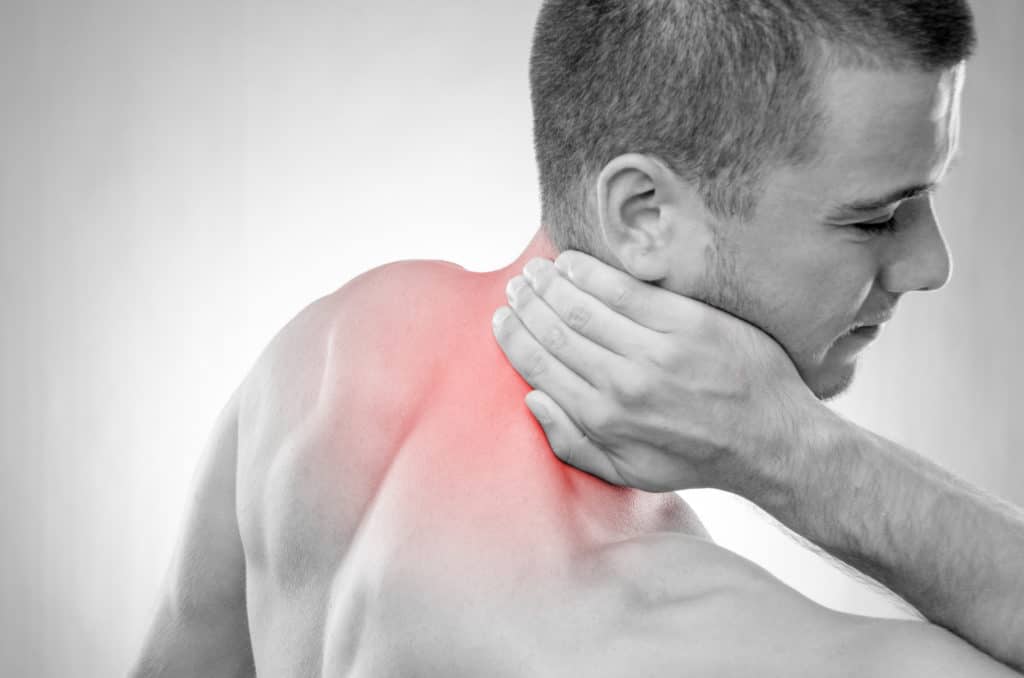How long is a piece of string?
We joke. But in all seriousness (because neck pain really isn’t funny). There are various reasons why your neck might be sore – some lasting from a few days to others lasting weeks, months, or even longer.
But some of the most common medical causes of neck pain that we see in the Apex Orthopedic Rehabilitation clinic are:
– A pinched nerve
– Incorrect posture
– Stress
– Osteoarthritis
Do any of those ring true for you?
If they do, we recommend you book an appointment with a Physical Therapist without delay to confirm your suspicions. Don’t attempt to diagnose or treat yourself at home because many of the symptoms overlap.
Without a professional opinion, you potentially can make things much worse by doing the wrong type of stretching exercises.
Don’t take that risk. But for this blog and for information purposes, we’ll explore neck pain: the causes, the symptoms, and effective treatment in a little more detail.
More Articles From Apex
How Can I Relieve My Pregnancy Back Pain While Sleeping?
What are the risks of anti-inflammatory use?
Take a Walk in a Walking Shoe
How Do We Define Neck Pain?
Neck pain is a common ailment that we all experience at some point in our lives in varying degrees of severity. Although, it does tend to be more prevalent in more women than men.
Plus, the older we grow, the greater the likelihood of neck pain. But what exactly is neck pain?
We define neck pain as any pain that strictly occurs in the portion of the spine that we call the “cervical spine” – the first seven bones underneath your head.
In physical therapy, we refer to these bones in the cervical spine as C1-C7. Two types of pain tend to occur in this area: radicular pain that radiates from the spine into the arms or shoulders and axial pain that centers around the neck.
The pain can be acute – lasting a few days to a few weeks or chronic, lasting many months or longer.
In fact, if you don’t find and treat the cause of chronic neck pain, it can linger on for decades and seriously affect your quality of life, with many patients going under the knife as a last-ditch attempt to end the pain.
What Are The Symptoms Of Neck Pain?
The symptoms of neck pain differ from patient to patient. But the most common symptoms include:
- A nagging pain in the neck region
- Sensitivity to pressure in the neck area when you press on specific spot(s)
- Stabbing sensation in the neck region
Some patients also feel tautness in the shoulder muscles at the same time as neck pain or feeling, numbness, or a tingling sensation in the arm(s).
What Causes Neck Pain?
As we said, there are many reasons why your neck might be sore and cause pain and discomfort – from an injury or poor posture to various medical conditions.
You need a complete evaluation by one of our trained physical therapists to determine the cause for you properly. But here are the most common causes of neck pain that we see in the Apex Physical Therapy clinic:
- Excessive strain: If you have a strenuous profession or play sports that include repetitive movements, you are more likely to experience neck pain.
- Any injury: If your neck experiences sudden or violent movement in an opposing direction, you may suffer “whiplash” neck stiffness and pain. But any injury that causes trauma to the cervical spine (neck area) can also damage the ligaments, joints, nerves, and muscles that attach to the spinal cord. Potentially leading to neck pain and other symptoms.
- Excessive mental stress: When you suffer extreme mental stress – over and above life’s daily challenges. It’s natural to hold your neck and shoulder in a permanent state of tension, which over time weakens the neck and shoulder muscles and causes soreness and pain.
- Aging process: As the human body ages and degenerative conditions like osteoarthritis and spinal stenosis begin to occur, it can lead to neck pain. When the body ages and wears and tears, there is also a high probability of spinal disc degeneration that can lead to a herniated or slipped disc causing neck pain. But you can prevent all these conditions with daily movement, exercise, and regular Physical Therapy.
- Abnormal growths: Sometimes, abnormal growths can grow in the cervical spine area and contribute to the development of neck pain. These include cysts, bone spurs, and in rare cases, tumors.
- Maintaining a poor posture: If you are sedentary (don’t move much) for extended periods and slump over a computer or laptop for large parts of the day. You’re likely to suffer from poor posture. Over time this can weaken core muscles, tighten fascia, and contribute to obesity, affecting the spinal cord’s position and can cause neck pain.
Neck Pain: Diagnosis And Treatment
We look at your medical history to diagnose neck pain and conduct a complete physical evaluation.
We look for signs that the pain is worse with movement and press and feel around your neck to locate any particularly sensitive spots. We also examine your reflexes and muscle strength in the cervical spine and surrounding areas.
We’ll also ask you whether your neck has been subjected to any trauma or previous injury that could have led to a herniated disc or whiplash. We’ll also ask about your work-related activities to see if there are any causative factors.
In some cases, you might need neck imaging – like an X-ray, Ct scan, or MRI.
These tests provide a more detailed view of the inside of your neck region to see if there is any tissue damage, herniated discs, or bone spurs.
In addition, if you have specific types of neck pain, we may recommend additional tests like a myelogram, nerve conduction test, or electromyography.
These advanced tests allow your doctor to view the spinal cord, discs, vertebrae, muscle responses, and nerve functioning.
How To Relieve Neck Pain At Home
If you have neck pain, we always recommend you consult a physical therapist to find and treat the root cause quickly and effectively.
But there are some things you can do at home to relieve the pain in the meantime. These include:
- Gentle stretching movements for the neck
- Taking over-the-counter pain relief medication (after consulting a doctor)
- Gently massaging the neck
- Using Heat Therapy and hot/cold packs
- Limiting physical activity
- Getting adequate rest
If your neck pain is chronic, you can also consider:
- Reduce weight if necessary
- Do exercises or movements to strengthen the shoulder/neck muscles
- Practice meditation or go for a regular massage to reduce stress
- Quit smoking and tobacco and minimize alcohol use because they delay healing and can damage tissues and bones
How We Treat Neck Pain At Apex Orthopedic Rehabilitation
We avoid steroid injections, pain pills, and other invasive treatments for neck pain.
Instead, our treatment plans aim to reduce pain and swelling, improve functionality, increase cervical spine mobility, and keep you off the surgeon’s table with regular physical therapy and therapeutic exercise to stretch and strengthen the neck muscles and tendons.
The best treatment for your specific case of neck pain will depend on the underlying root cause, which we always identify first.
But we may also use traction as an option to relieve your pain or a low-intensity current therapy called TENS (transcutaneous electrical nerve stimulation).
But the first step in treating your neck pain is to contact us to arrange a free consultation to talk to one of our physical therapists about your neck issues. Ready?
Book here now. These 30-minute appointments are 100% free, and there is no obligation to book further treatment.
We know it’s tempting to put it down to an awkward sleeping position, age, or a muscle spasm and hope it’ll disappear.
But in our experience, the longer you put off getting professional treatment, the worse the pain will get. It won’t go away on its own, especially if you’ve already had the pain for more than seven days.
You don’t have to carry on trying to figure it out alone. We’re here to help you.
When To Seek Immediate Medical Attention For Neck Pain
In certain situations, neck pain can be a medical emergency. So, if you experience any of the following symptoms, we recommend that you call 911 or visit the emergency room as soon as possible:
- Developing severe neck pain after an accident or other trauma
- Neck pain that affects the coordination of hand and limb movements
- Neck pain that accompanies new-onset incontinence of any kind
- Neck pain with additional severe symptoms like nausea, dizziness, and a migraine/headache
- Development of tingling or numbness in the shoulder, legs, or arms
- Severe neck pain that doesn’t get better with medication
- Severe neck pain with fever and chills
Time To Call
Nobody should have to live with neck pain. Pain can really inhibit your daily life and we want to make sure that doesn’t happen.
Check out how we can help you create a personalized treatment plan to start on your path to recovery.
If any of this sounds familiar, or if you’re worried about potentially getting neck pain don’t hesitate to get in touch now.


